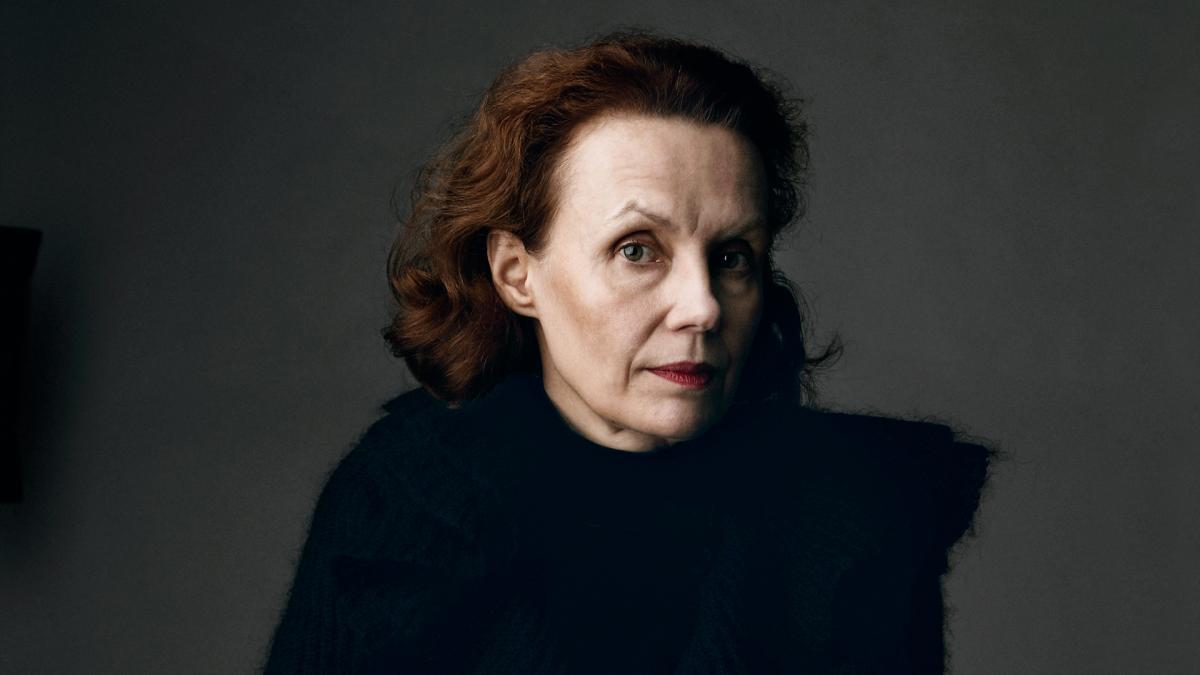Column by Kaija Saariaho: Artistic visions are formed with the help of the right teacher
All children should have the chance to learn about music by making it themselves, composer Kaija Saariaho writes.

I’ve often heard people say that composing can’t be taught. I don’t agree with the statement, since my own career as a composer began thanks to my studies at the Sibelius Academy. I applied for studies in the composing programme because I wanted to study under the supervision of Paavo Heininen, who was the academy’s lecturer at the time. Even though I had never met him, everything I knew about him and his music made me convinced that he could help me in my journey as a composer. And that’s exactly what happened, and my time as a student under his tutelage became an important period of my life.
Even today, a big part of what I know about composing stems from the seeds that were planted by Paavo and a few others during my studies. Paavo’s tuition was systematic – over the years, it gave me the tools to build up my own world of music. Other times, even just a few words were enough to leave a lasting impression. Words that carried meaning stuck with me and stayed in my mind for decades as an inspiration in music making. One important phrase that I once wrote down was “tension in the borderlines”, which was uttered by architect Juhani Pallasmaa as he talked about his work at a composing seminar that was held on Thursdays.
Composing is a profession that one can study for one’s entire lifetime, and it’s also what makes it so interesting. That being said, the beginning is especially important. Now looking back, it’s crystal clear to me how immensely importanty it is to find the right teacher. I’ve made the same observation from my children’s studies.
Teachers outline the way forward for their pupils during their childhood and youth, making a lifelong impact on them. Consequently, a teacher who isn’t entirely competent can do a tremendous amount of harm.
I’ve had the opportunity to see what music education is like up close not only in Finland but also in France and the United States. I find the Finnish music education healthy and worth fostering. We cannot let this valuable system fall into decay. I hope that the education provided by Finnish music institutions will continue to have a broad foundation, bring us joy and enrich our lives. This kind of education not only offers an ideal breeding ground for professional musicians and special talents but also sustains an informed audience.
Mastering an instrument is one of the most complicated human abilities. It requires concentration skills and the combining of intelligence, precision and emotion. All children should have the chance to learn about music by making it themselves.
Kaija Saariaho
Composer and honorary doctor of the University of the Arts Helsinki.
The text has originally been published as part of Uniarts Helsinki’s annual report.